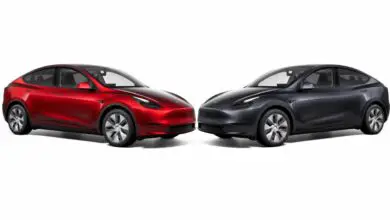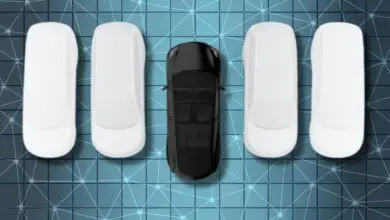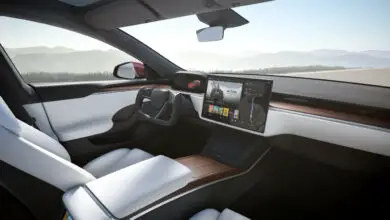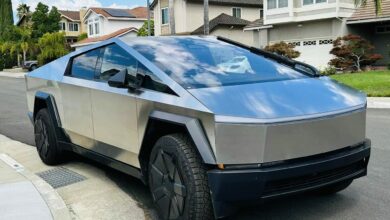Elon Musk’s Neuralink Gears Up for Human Trials: A Revolutionary Leap in Brain-Computer Interface Technology
Neuralink's First Human Trials Promise Hope for Patients with Quadriplegia and ALS, Alongside AI Advancements
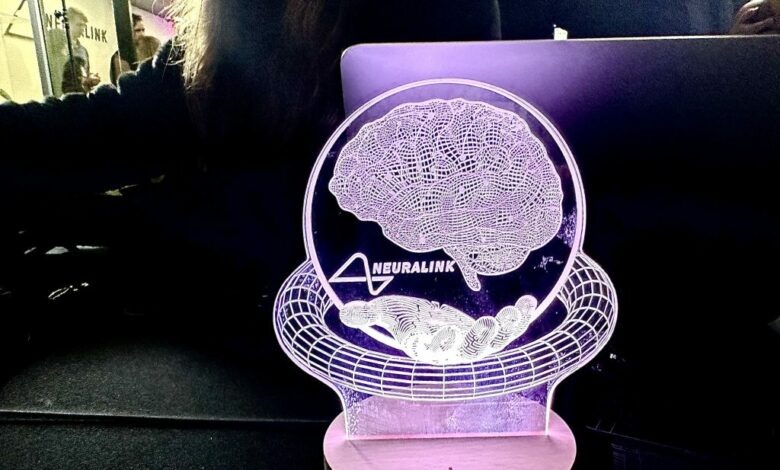
In a recent update on X, formerly known as Twitter, Elon Musk, the visionary behind Tesla and SpaceX, shared a groundbreaking announcement. Musk revealed that Neuralink, his brain-computer interface venture, is on the cusp of a significant milestone: conducting its first-ever human trials.
Yesterday marked a pivotal moment in Neuralink’s journey, as it obtained the necessary approvals to commence recruiting participants for its initial clinical trials. These trials hold the promise of addressing a range of debilitating conditions, from limb function impairment to depression.
Neuralink’s official statement on its X account expressed its search for eligible participants. Individuals with quadriplegia due to cervical spinal cord injuries or those afflicted with amyotrophic lateral sclerosis (ALS) may qualify for this pioneering venture into the future of medical technology.
Elon Musk, always at the forefront of innovation, commented on the immense potential of Neuralink, a project that has been under development for several years. He remarked, “The first human patient will soon receive a Neuralink device. This ultimately has the potential to restore full-body movement.”
Musk’s optimism extends beyond the realm of medical advancements. He firmly believes that Neuralink will play a pivotal role in mitigating the risks associated with artificial intelligence (AI). By significantly enhancing human-to-AI communication, Musk anticipates a leap in AI risk reduction by “several orders of magnitude.”
The initial phase of these groundbreaking trials has been coined the PRIME study, which stands for “Precise Robotically Implanted Brain-Computer Interface.” Neuralink has been steadily progressing towards this momentous event, having received federal approval from the FDA in May 2023 under the category of an investigational device exemption (IDE).
Elon Musk envisions an improved quality of life for individuals grappling with diseases like quadriplegia and ALS through the integration of Neuralink devices, particularly when combined with cutting-edge Optimus robot limbs.
For much of the year, Musk has been resolute in his commitment to commencing Neuralink’s first human trial by the end of this year. In mid-June, during the VivaTech event in Paris, he reaffirmed that this groundbreaking moment would likely arrive by the end of 2023. With the recent approval, it seems that Musk’s vision is rapidly progressing towards becoming a reality.
